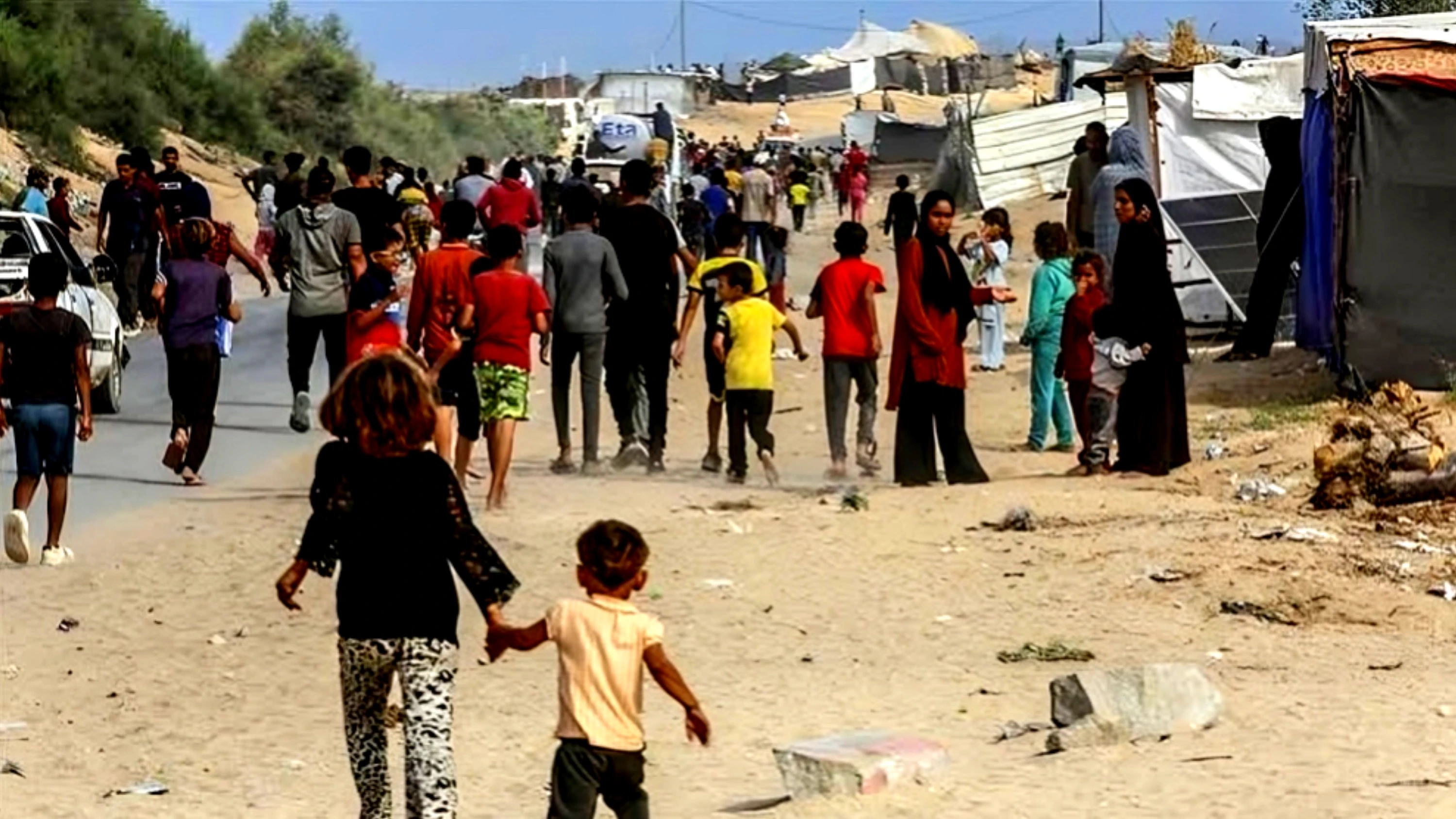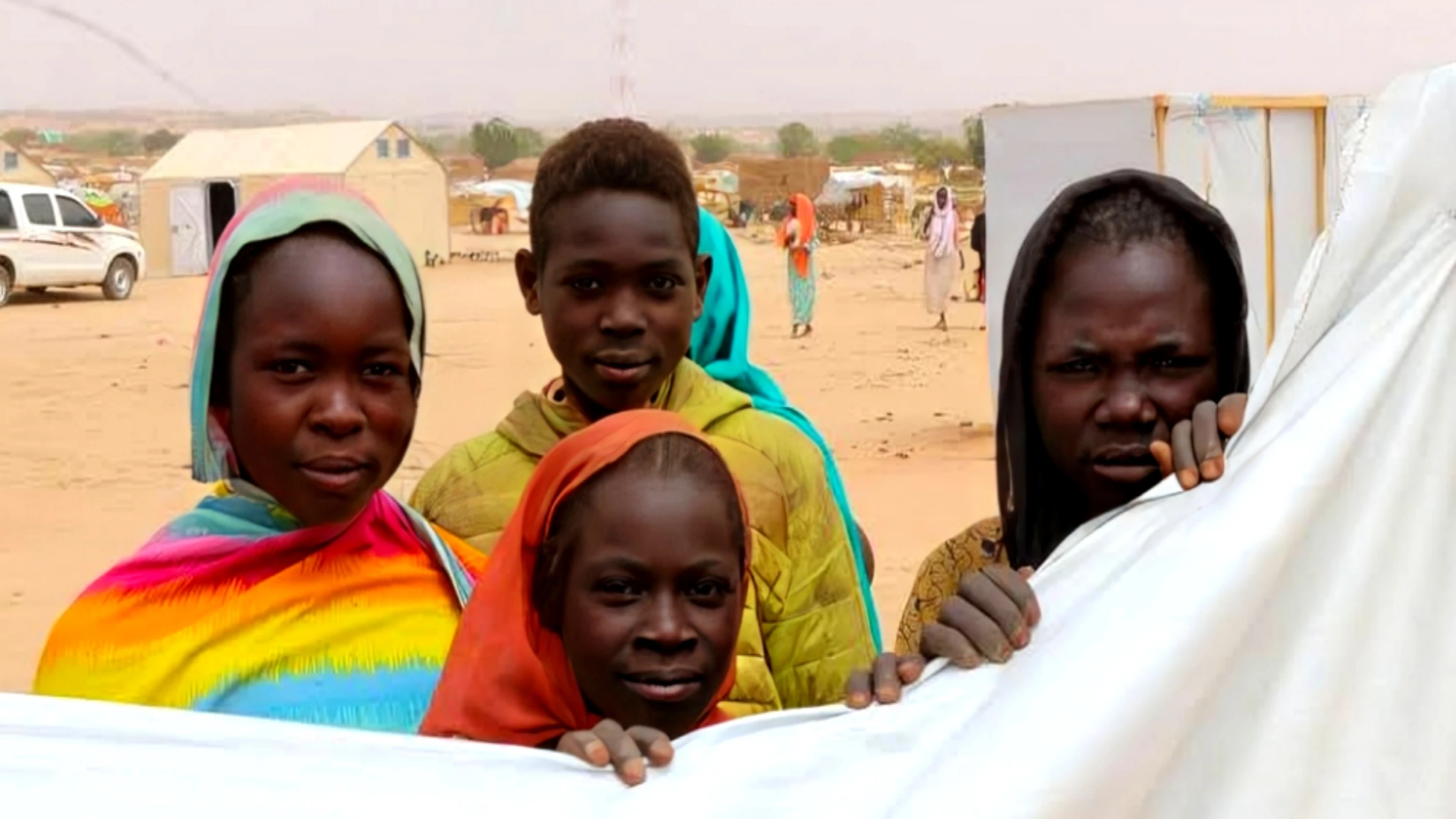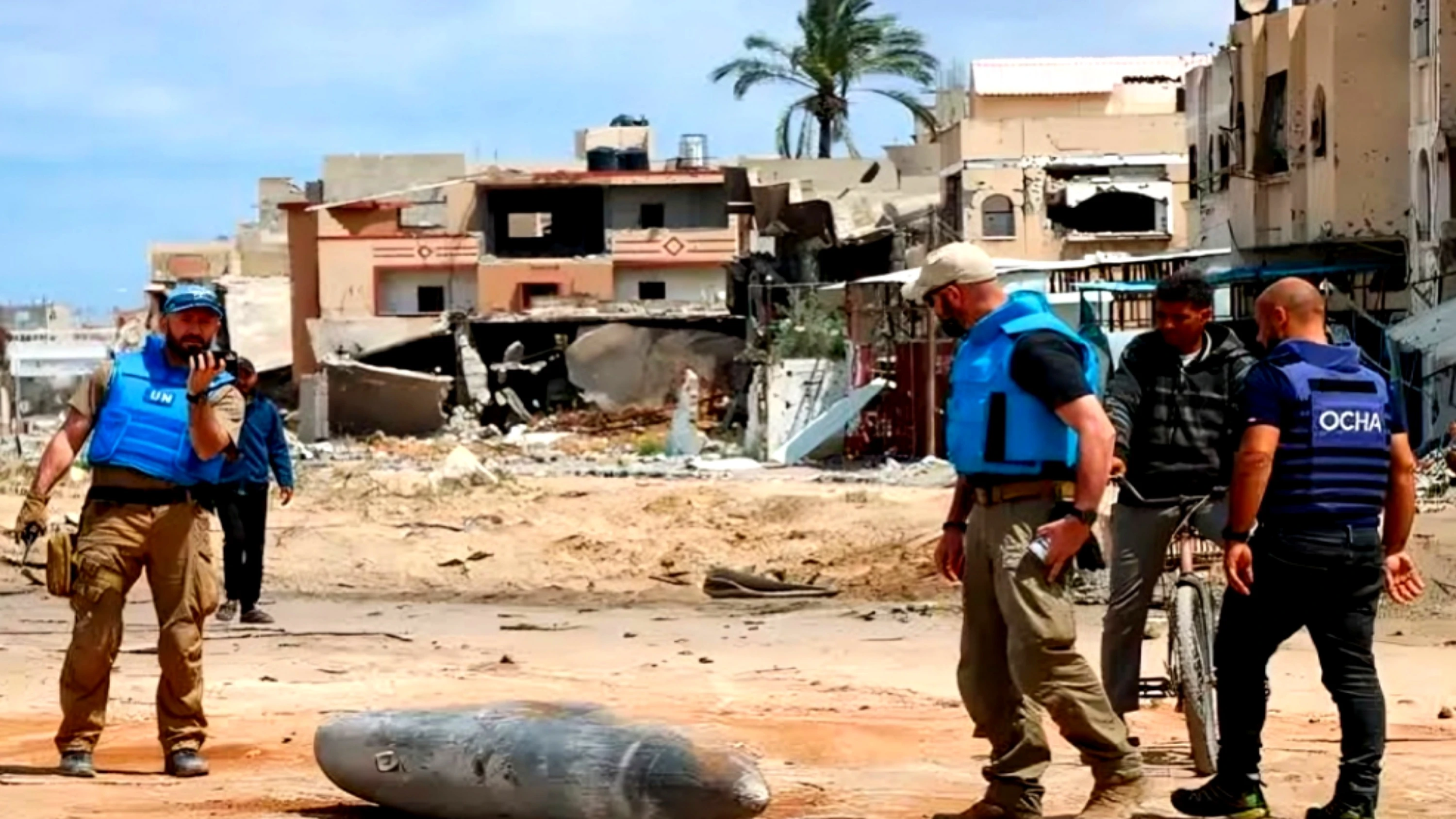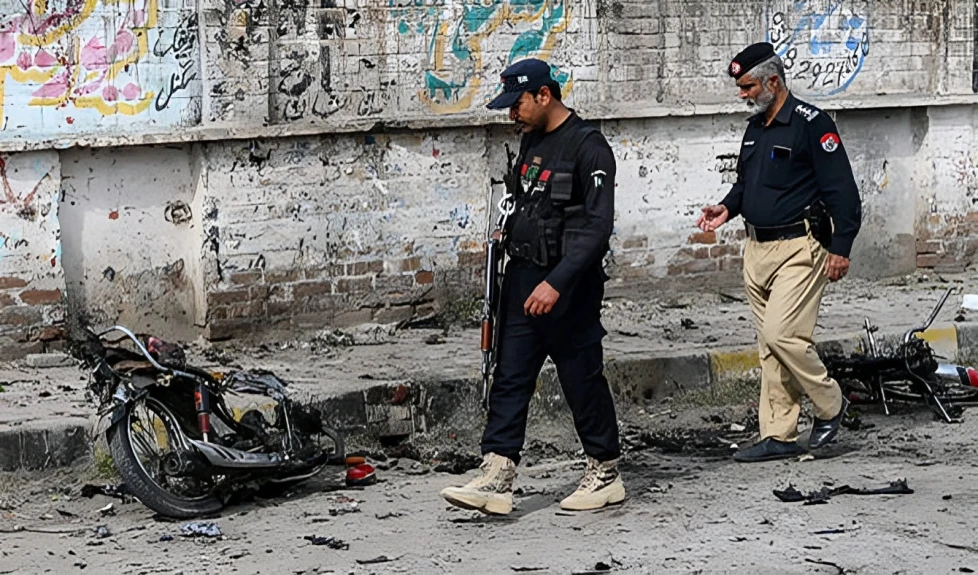Gaza: The humanitarian crisis in Gaza is growing increasingly dire as ongoing hostilities continue to endanger civilians, including those near aid routes designated by Israeli authorities. The UN Office for the Coordination of Humanitarian Affairs (OCHA) reports that people are still being injured or killed, even in areas surrounding non-UN aid distribution sites.
On a rare positive note, UN teams successfully accessed fuel reserves in Rafah yesterday. That fuel is now being used to support critical infrastructure in southern Gaza. However, OCHA warns that this is only a temporary reprieve. Without a steady influx of fuel, Gaza’s essential services will soon grind to a halt.
Fuel is critical for operating water systems that serve over two million Palestinians. The continued blockade—now over 100 days long—is threatening those systems with total collapse. UNICEF has issued a grim warning that, if restrictions persist, children may begin dying from dehydration. The agency also noted a nearly 50% rise in cases of acute child malnutrition in May compared to April, a stark indication of worsening conditions.
OCHA is calling on Israeli authorities to urgently permit the flow of fuel into all areas of Gaza, including the heavily impacted north. Without this, the agency cautions, more lives will be lost.
The psychological toll of the war is also becoming increasingly evident. Caregivers say that many children in Gaza are suffering from severe emotional distress due to hunger, displacement, and the constant threat of violence. Last week alone, the UN and its partners provided emotional support sessions for over 1,000 children in Gaza City, Deir al Balah, and Khan Younis, along with mental health assistance to more than 2,000 caregivers.
The World Health Organization (WHO) added to the growing chorus of concern, declaring a mental health emergency in Gaza. The agency has trained hundreds of humanitarian workers to provide psychological first aid and help restore a sense of safety amid the chaos.
Meanwhile, displacement continues to rise. The Israeli military has ordered evacuations in three neighborhoods of northern Jabalya, affecting an estimated 30,000 people. OCHA notes that most of Gaza is now subject to such displacement orders.
Compounding the crisis, shelter materials have been blocked from entering Gaza for over four months. With thousands of families newly displaced, aid groups in Khan Younis are resorting to using wooden pallets from food shipments to maintain makeshift shelters. The ban on shelter supplies mirrors that on fuel, leaving hundreds of thousands without proper protection.
Efforts to deliver aid continue to face serious obstacles. Of 14 planned humanitarian missions on Tuesday, six were denied by Israeli authorities. The blocked missions included vital fuel and water deliveries, as well as attempts to retrieve bodies and disabled vehicles. Some health and nutrition operations were carried out, along with solid waste removal.
UN agencies continue to call for unimpeded humanitarian access and stress that without urgent intervention, Gaza’s humanitarian infrastructure could collapse entirely, putting even more lives at risk.








